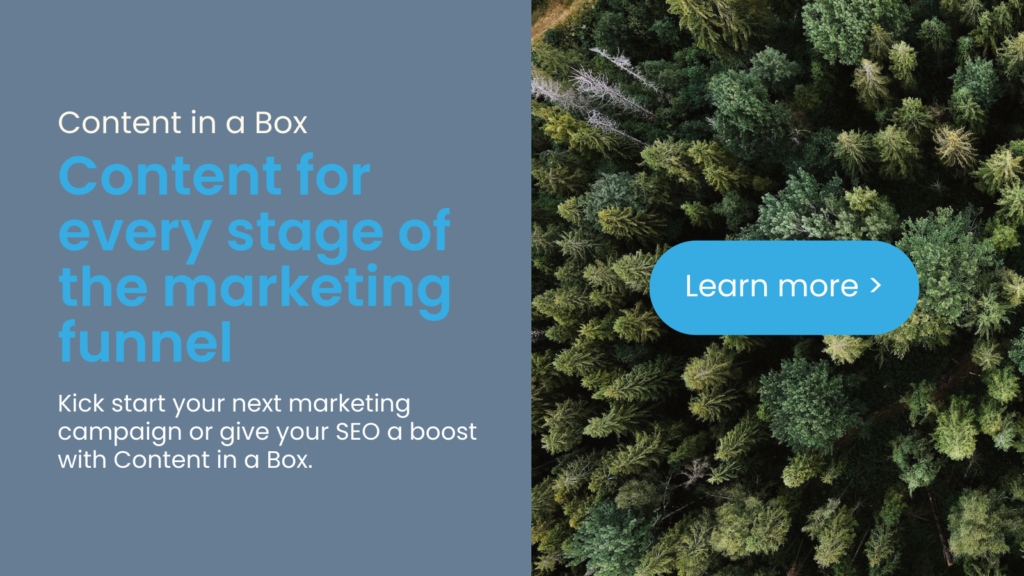It’s been a busy week here at We Love 2 Blog 4 You HQ as I’ve been writing all the content for my brand new website: that’s the one you’re visiting now! Thanks to the great team at Chemical Code (including head honcho, Paul Erskine aka my brother) for a fab job and putting up with my endless tweaks…
Making the decision to become ‘We Love…’ having been ‘I Love…’ for the last few years has not been easy. Not only has it been about making some big decisions about the way I want the business to grow, but it’s also become less about me. While I might still head up the team and do much of the writing and blog management, ‘We Love…” somehow feels more detached from my previous freelancer status.
Personalising your company blog
Having written all the webpages for the site, it’s interesting how different the tone is from blog content. I’ve blogged before about the using ‘I’ instead ‘We’ when writing blog content, and the importance of using your blog to put a bit of personality into your business. Doing the opposite for my webpages was a novel experience.
Writing in the third person can become very stiff and formal, and for a business that is approachable and friendly, this can result in rather corporate sounding copy. Hopefully I’ve managed to get a bit of balance into my web copy, by writing in as informal a way as possible, but still sounding professional and authoritative: well that’s the plan…
Back to blog writing; as well as using the first person when you’re writing blogs, here are a few other points to help give your blog posts a bit of personality:
Attribute posts to member of your team. Don’t make the mistake of having blog posts authored by ‘admin’, use a real person’s profile.
Include a photo in author profiles. Make sure that if your blog pulls a picture of the author into the post, it’s not an avatar. Simple Local Avatars is a useful WordPress plugin that allows you to add a photo to a user profile.
Complete your by-line: If you have the option to include some details about the author, do it. Here you can showcase the expertise of your team, and what wonderful people they all are.
Write in a conversational style: Blogging is all about engaging with your readers and this is much easier if the tone of your writing is approachable. This doesn’t mean you have to ‘chat’, think of how you talk to clients and apply that to you blogging.
Reference real life events in your blog: When you start a conversation with someone it’s often because something has triggered a thought in your head that you want to share. You don’t just approach someone in the queue at the supermarket with “I want to tell you about blogging”! Instead you make reference to something that you can both relate to, and then expand into your theme. Try the same with your blog; it will draw readers in.
Share anecdotes and stories: Similar to referencing real life events, stories and anecdotes are something readers will relate to. They’re an excellent way of illustrating your points and can trigger an emotional response to your content. Emotions are good if they work towards your objectives for your blog.
Be honest: Let’s face it; most of us don’t know everything about our subject. I for one am definitely learning all the time, from other people, by refining what I do and as a result of a constantly evolving industry. Being upfront about your experience and limitations can really highlight your humanity, which many people will relate to and still want to do business with you because of it. That’s not to say every blog should be about your failings, but a bit of balance goes a long way.
Have you noticed a difference in engagement between blog post written in a corporate style, and those written in more a personal way? Please comment below if you have something to share with other readers.





